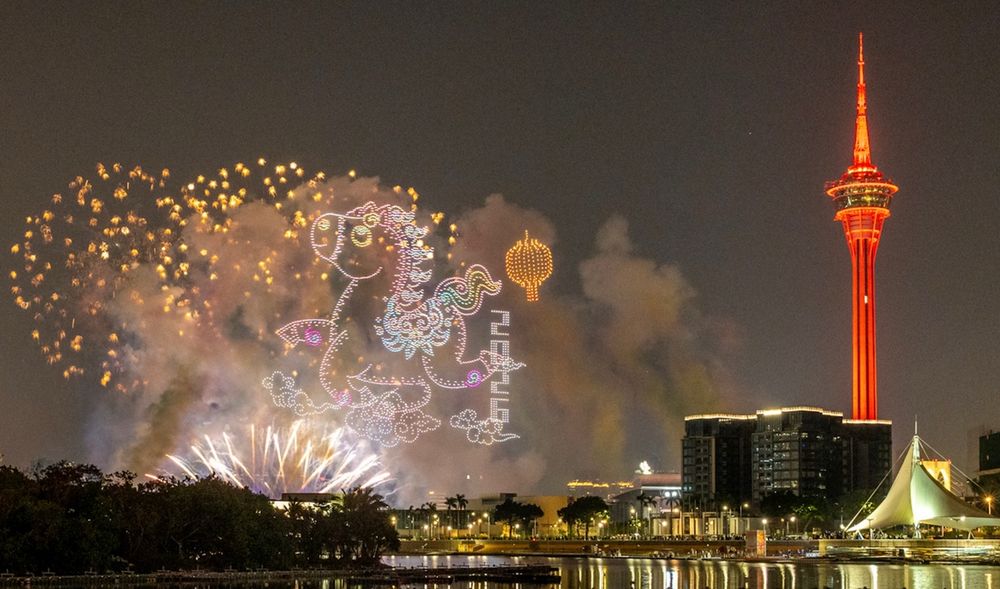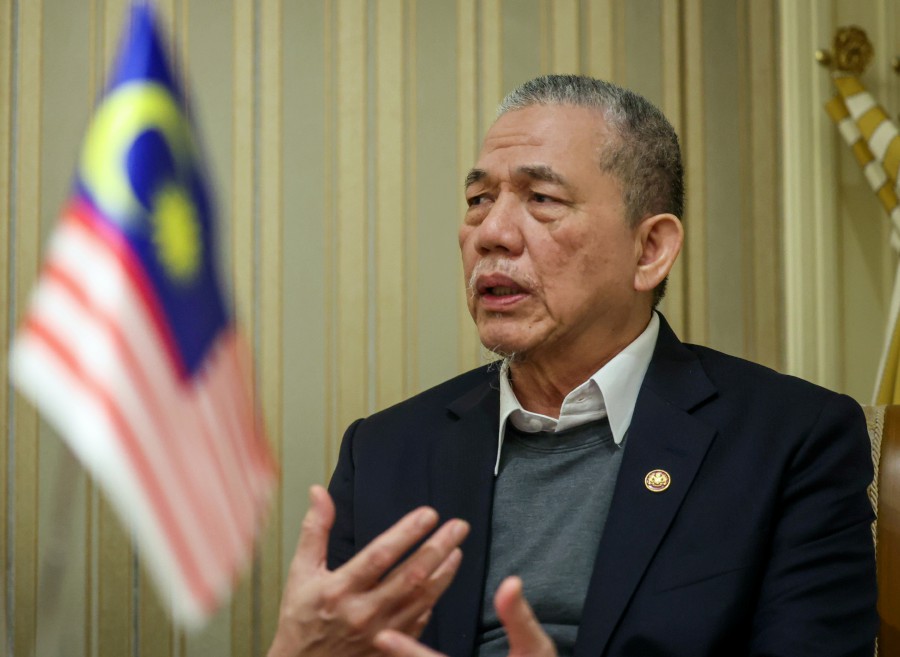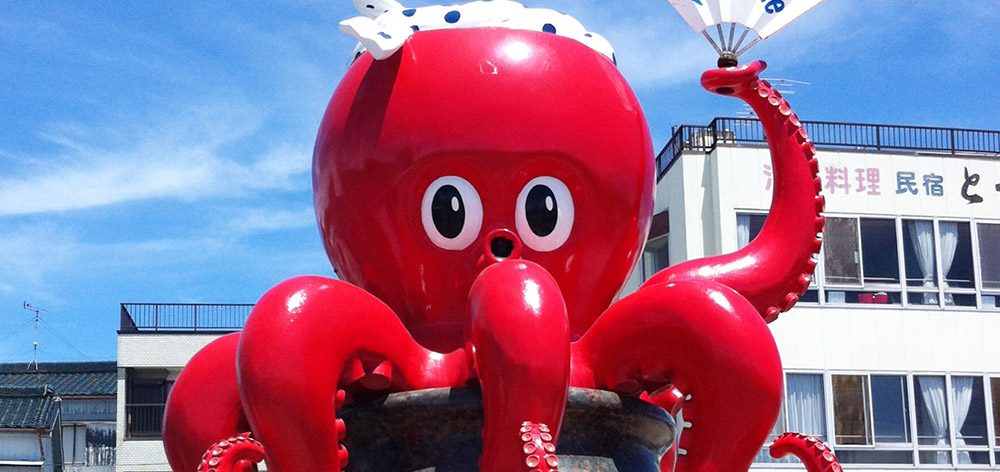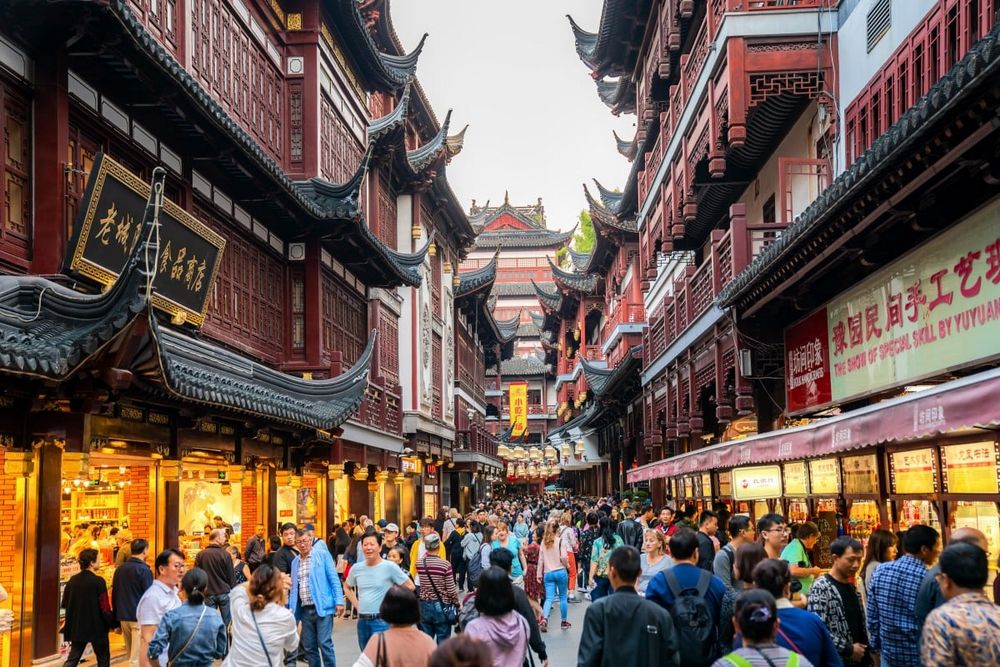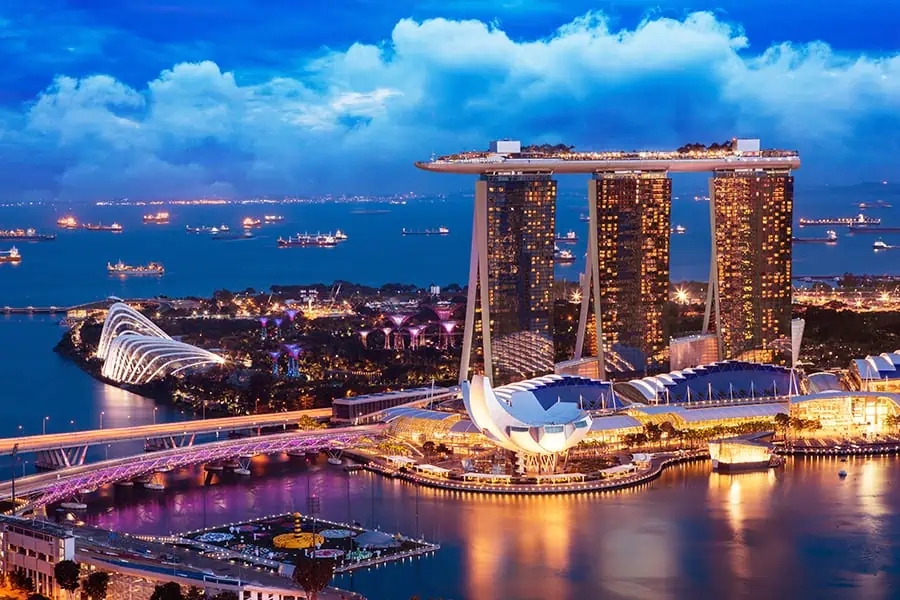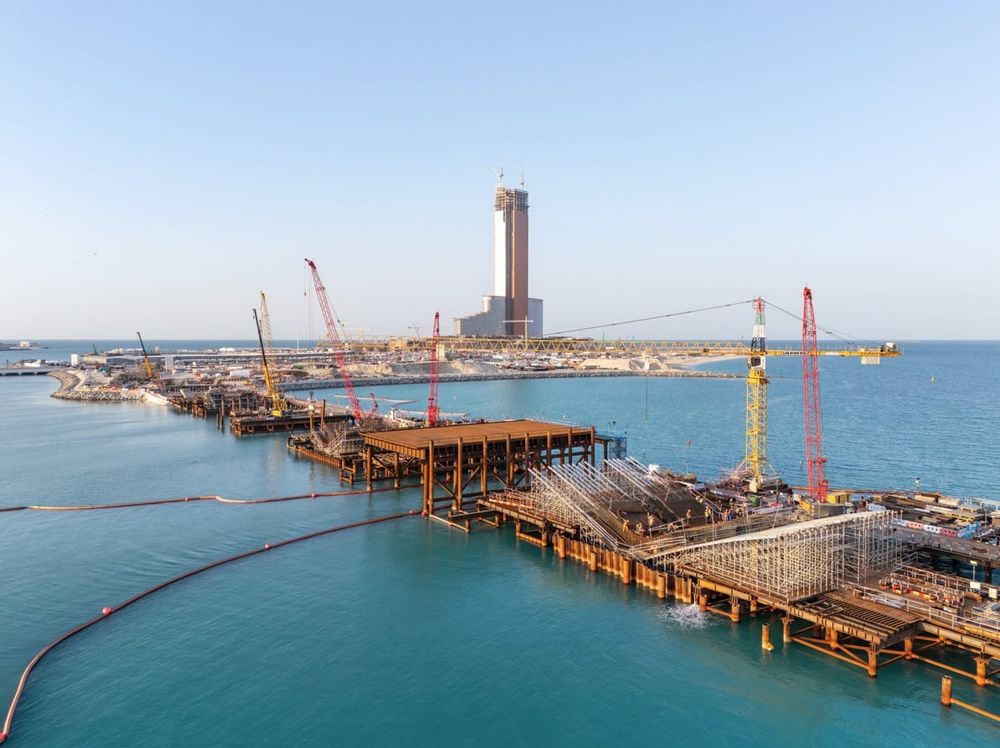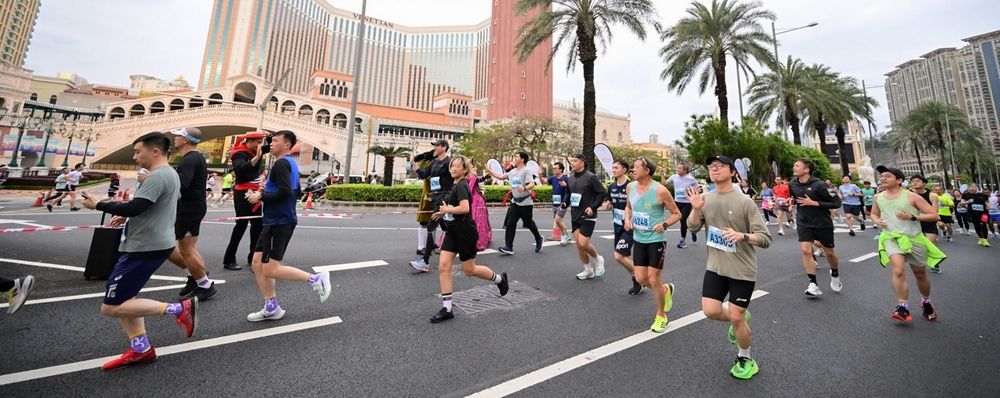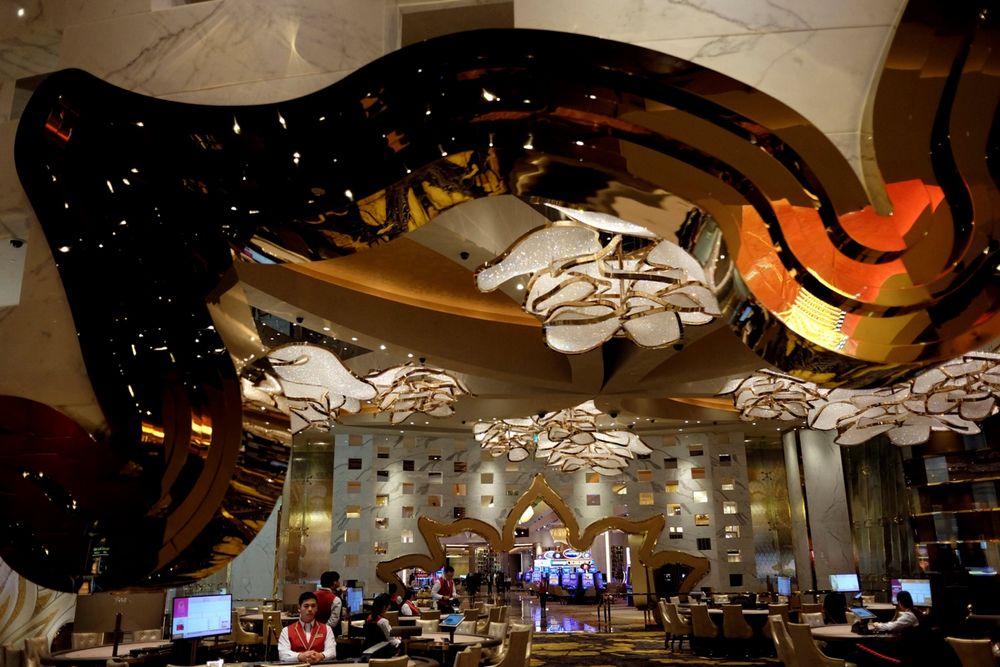As Typhoon Wipha lashed southern China over the weekend with gusts surpassing 167 km/h, Macau’s gaming regulator chose an unconventional approach: keep casinos open.
While public transportation ground to a halt, border checkpoints shut down, and over 130 flights were canceled, the Gaming Inspection and Coordination Bureau (DICJ) opted not to suspend casino operations. Officials feared that closing properties would push thousands of visitors into unsafe outdoor conditions during the city’s highest typhoon warning—Signal No. 10.

This marked a key departure from the precedent set in previous storms. During Typhoon Saola in 2023, all casinos were shuttered under a lower alert (Signal No. 8). This time, however, Wipha’s erratic path and the need to shelter tourists led DICJ to enforce strict internal safety measures, allowing operators to remain functional.
According to DICJ, casinos were required to:
- Secure all entrances, façades and gaming floors
- Provide food, shelter, and care to guests and staff
- Maintain contact with emergency services
Meanwhile, access to Macau was largely suspended. The Gongbei and Qingmao checkpoints, ferry terminals, and Light Rapid Transit (LRT) service were temporarily closed. Airlines rerouted or canceled flights through the Civil Aviation Authority as torrential rains battered the region.
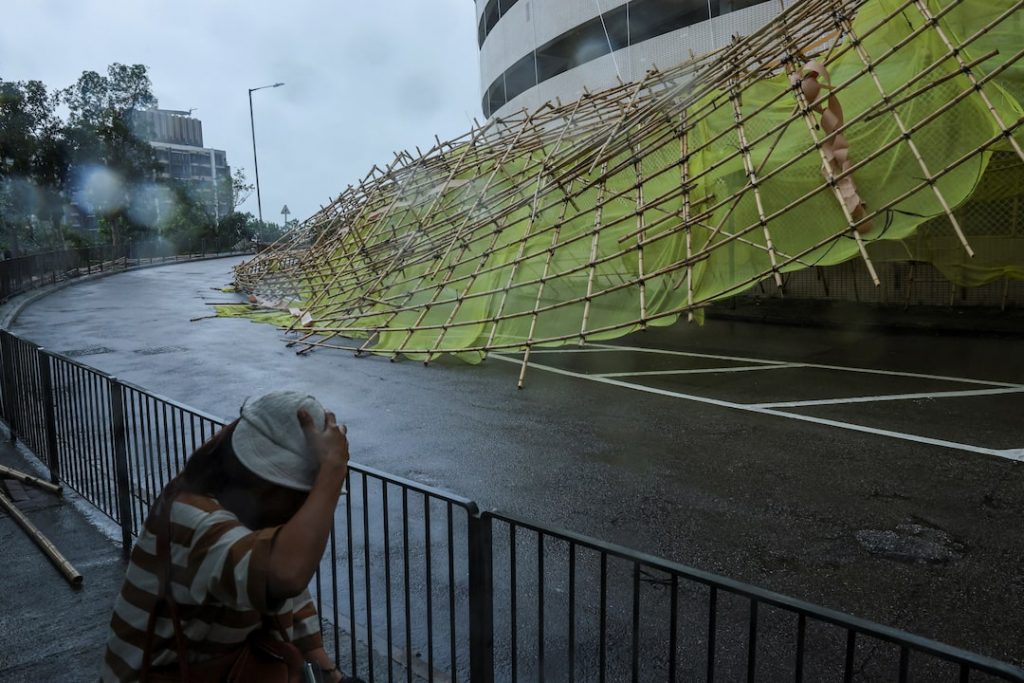
By Sunday evening, the typhoon had weakened to a tropical storm. Macau downgraded to Signal No. 3, restoring public services and easing restrictions.
Industry insiders saw the move as a calculated risk—balancing public safety with economic continuity. Macau casinos generated MOP 17.7 billion in gross gaming revenue in June 2025 alone, a figure too significant to disregard without careful deliberation.











